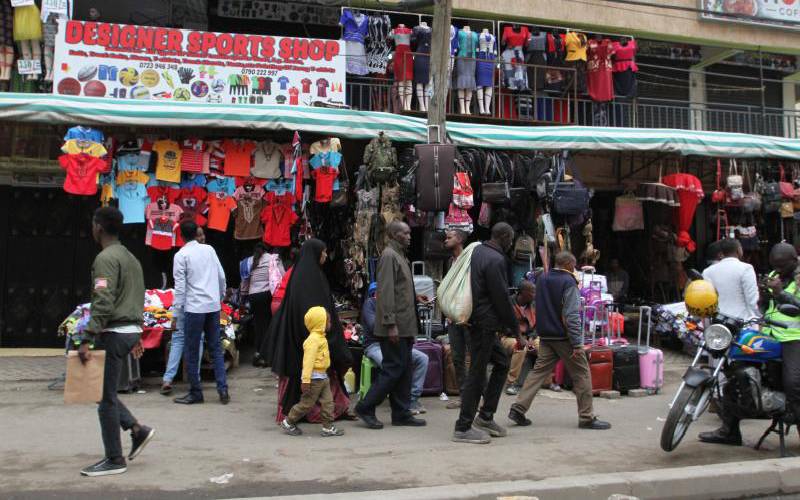×
The Standard e-Paper
Kenya’s Boldest Voice

The World Bank has tipped the Kenyan economy to bounce back quickly from the adverse effects of the coronavirus pandemic.
However, the global lender in its bi-annual review of the Kenyan economy expects the outbreak to leave a major hole in the country’s total output this year, with the economy registering one of the slowest growths in recent times at 1.5 per cent.